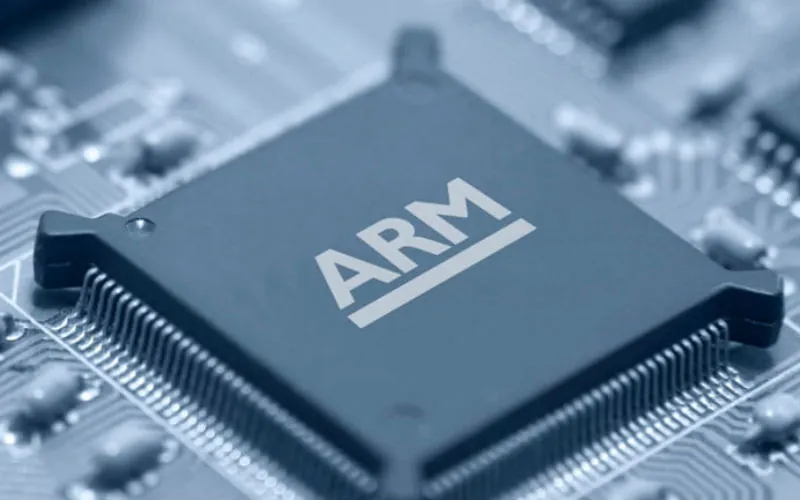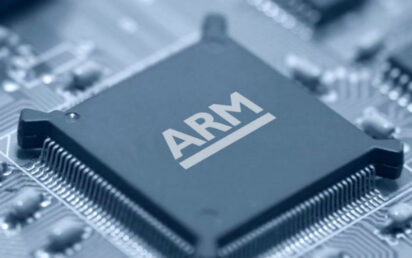NVIDIA’s $40 billion takeover of Arm is to be investigated by the CMA over competition concerns.
The Cambridge-headquartered chipmaker, owned by Japanese giant SoftBank, revealed in September 2020 that it had agreed a sale to the American graphics chip specialist.
The world’s largest ever semiconductor deal is expected to complete in 18 months.
However, the Competition and Market Authority will start a formal investigation later this year and in the meantime is inviting ‘interested third parties’ to comment on the impact that the takeover could have on competition in the UK.
Arm develops and licenses intellectual property and software tools for chip designs. The products and services supplied by the companies support a wide range of applications used by businesses and consumers across the UK, including desktop computers and mobile devices, game consoles and vehicle computer systems.
The CMA said it is likely to consider whether, following the takeover, Arm has an incentive to withdraw, raise prices or reduce the quality of its IP licensing services to NVIDIA’s rivals.
Nvidia says it will retain Arm’s neutrality and keep its IP registered in the UK. However, two of Arm’s founders, Hermann Hauser and Tudor Brown, want the UK firm to remain “neutral” – avoiding a conflict of interest whereby its clients, which compete with Nvidia for sales, are dependent on a rival.
Adam Gibson , CEO of Konduit and VP of Skymind Global Ventures, told BusinessCloud last year: “This [deal] could be an overstep that lands the company in a mine of regulatory hurdles as it faces competition scrutiny.
“We think there’s a strong possibility that Apple and other Arm users might move away from Arm if Nvidia owns it. One of Arm’s most attractive features is that its technology is used by all the major chip firms – but if a deal like this goes through, we believe it could be dangerous for players like Apple and Samsung who both deeply customise ARM processors.
“For instance, the chips inside an Apple iPhone – like those in nearly each smartphone all over the globe – are based on the instruction-set architectures from ARM.”
Andrea Coscelli, chief executive of the CMA, said: “The chip technology industry is worth billions and critical to many of the products that we use most in our everyday lives. We will work closely with other competition authorities around the world to carefully consider the impact of the deal and ensure that it doesn’t ultimately result in consumers facing more expensive or lower quality products.”
The UK government is also scrutinising whether the deal should be blocked in the public interest or for cyber security reasons.


